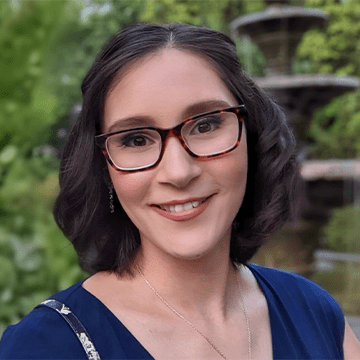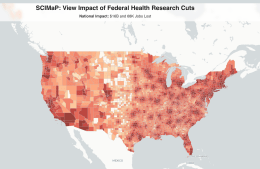
Alyssa (Allie) Sinclair, Ph.D.

- Postdoctoral Fellow, Communication Neuroscience Lab
- Joan Bossert Postdoctoral Fellow, Annenberg Public Policy Center
Allie Sinclair draws on psychology and neuroscience to develop interventions that help us learn from error, update beliefs, and make choices that are better for our health and planet.
Alyssa (Allie) Sinclair is the Joan Bossert Post-Doctoral Research Fellow at the Penn Center for Science, Sustainability, and the Media (PCSSM) within the Annenberg Public Policy Center. As a member of the Communication Neuroscience Lab, she collaborates with Emily Falk and others at Penn to develop interventions to change beliefs and behaviors pertaining to climate change and health.
Allie draws on her expertise in learning, memory, and motivation to design interventions that are informed by cognitive neuroscience. Her research interests include knowledge and belief updating, learning from error, risk communication, information seeking and sharing, and misinformation correction. To conduct this interdisciplinary research, Allie uses a combination of in-lab and online behavioral studies, functional neuroimaging, and large-scale online field studies. Her research has had broad real-world impact, such as by influencing educational practices and CDC messaging to promote health behaviors.
Allie completed her Ph.D. in Psychology & Neuroscience at Duke University, where she was supported by graduate fellowships from the National Science Foundation and the Natural Sciences and Engineering Research Council of Canada. Prior to her graduate studies, she earned an Honours B.Sc in Experimental Psychology at the University of Toronto.
Education
- B.Sc., University of Toronto, 2018
- M.A., Duke University, 2021
- Ph.D., Duke University, 2023
Selected Publications

Youth Voter Turnout: Annenberg Expert Unpacks the Issue
Voting in an election helps shape the government to work on their behalf. However, the majority of U.S. youth don’t vote regularly.




